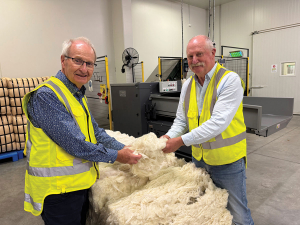Opposition agriculture spokesman Nathan Guy says it is chilling that the Government will force the cattle industry outside of an agreed mandate to pay to eradicate M. bovis.
“In 2013 the National Government established the Government Industry Agreement (GIA) to set out a framework for cost-sharing between the Government of the day and 16 primary sector organisations as and when bio-security incursions arise,” says Guy.
“That framework sets out that the industry should meet about 12% of the cost to eradicate this disease.
“However, Damien O’Connor has confirmed publicly today that he wants the industry to stump up 40% to 50% of a bill that’s estimated to cost between $500 million and $870 million.
“The Minister justified this in a radio interview this morning by effectively saying that the agriculture industry earns a lot of money and can afford it.”
Guy says O’Connor calls himself a farmer and should therefore understand the stresses and pressures of the industry.
“He is attempting to defend the indefensible. This Government inherited one of the fastest growing economies in the OECD. Treasury is projecting rising surpluses and Government coffers are awash in cash.
“That Damien O’Connor is forcing farmers outside of an agreed mandate to pay for an incursion that the Government can easily cover – while they’re having to destroy their cattle herds and the banks are knocking on their doors – is disgraceful,” Guy says.



















